
The European Court of Human Rights (ECHR) has just taken a landmark decision on the right of free expression which will have a ripple effect around the world. The legal proceedings which ended on October 15 in the ECHR’s Grand Chamber began when Dogu Perincek, a Turkish national, travelled to Switzerland in May, 2005 for the express purpose of saying that the use of the word ‘genocide’ to describe the fate of Ottoman Armenians in the First World War was an ‘international lie.’
As Switzerland has criminalized such statements, Perincek was prosecuted. On March 9, 2007, he was found guilty in the Lausanne district police court of breaking the law under article 261 bis 4 of the Swiss criminal code, the court ‘holding in particular that his motives appeared to be racist and nationalistic and that his statements did not contribute to historical debate.’ He was fined 3000 francs or 30 days in prison and ordered to pay 1000 francs to the Switzerland-Armenian Association for non-pecuniary damages.
Perincek’s appeal was dismissed by the Vaud Cantonal Court (June 13 2007) and then dismissed again by the Federal Court (December 12 2007), upon which he appealed to the ECHR (June 10 2008). On December 17, 2013, a chamber of the court found by a majority of 5-2 that Perincek’s rights had been violated under article 10 of the European Convention on Human Rights, dealing with the right to freedom of expression.
The Swiss government then requested that the case be moved to the ECHR’s highest court, the Grand Chamber. At a hearing on January 28, 2015, third party comments were received from the Turkish, Armenian and French governments. The Armenian government (represented by Geoffrey Robertson and Amal Clooney) was also given leave to take part in the proceedings. Third party comments were also received from the Switzerland-Armenian Association, the Federation of Turkish Associations of French-speaking Switzerland, the Coordinating Council of Armenian Associations in France, the Turkish Human Rights Association, the Truth, Justice and Memory Centre, the International Institute for Genocide and Human Rights, the International Federation of Human Rights, the International League Against Racism and Anti-Semitism and a group of French and Belgian academics.
The Grand Chamber delivered its judgment on October 15. By a majority of 10-7 judges it upheld the decision of the earlier court, that Perincek’s right to freedom of speech had been violated. It said it had had to strike a balance between two convention rights, the right of freedom of speech (article 10) and the right to respect for private life (article 8). It found that Perincek’s statements ‘bore on a matter of public interest and did not amount to a call for hatred or intolerance.’ They could not be regarded as affecting ‘the dignity of the members of the Armenian community to the point of requiring a criminal law response in Switzerland.’ It was ‘not necessary in a democratic society to subject Mr Perincek to a criminal penalty in order to protect the rights of the Armenian community at stake in the case.’ There was no international law obligation for Switzerland to criminalise such statements and ‘the Swiss courts appear to have censured Mr Perincek simply for voicing an opinion that diverged from the established ones in Switzerland.’
The Grand Chamber emphasized that it had not been required to determine whether the massacre and deportation of Armenians could be characterized as genocide ‘within the meaning of that term under international law.’ Neither was it required to determine whether the criminalization of the ‘denial’ of genocide or ‘other historical facts’ might be justified. It had only been in a position to review whether the application of article 261 bis 4 of the Swiss penal code was in conformity with article 10 of the European Convention on Human Rights. Article 261 bis 4 of the Swiss Criminal Code had been enacted in connection with Switzerland’s accession to the International Convention on the Elimination of All Forms of Racial Discrimination (CERD). However, ‘there was no indication that the clause which had served as the basis for Mr Perincek’s conviction was specifically required under the CERD or under other international rules, whether treaty-based or customary.’ The very fact that Mr Perincek had been criminally convicted was significant ‘in that it was one of the most serious forms of interference with the right of free expression.’
The decision was accompanied by eight partly concurring and partly dissenting opinions. In the opinion of dissenting judges, ‘that the massacres and deportations suffered by the Armenian people constituted genocide is self-evident. The Armenian genocide is a clearly established fact. To deny it is to deny the obvious.’ It is certainly not obvious to Mr Perincek, and many others, including distinguished Ottoman historians, who believe the claim is a subjective reading of history.
Greece, Slovakia and Greek Cyprus have also criminalized statements rebutting - ‘denying’ – the claim of genocide by Armenians and their supporters. The findings of the Grand Chamber would seem to make it unlikely that other European governments will follow their example.
In their reaction to the Grand Chamber’s decision, Geoffrey Robertson and Amal Clooney claimed that the Grand Chamber had ‘endorsed our argument’ and was ‘a victory for Armenia.’ Their further claim that ‘today’s judgment did not dispute the fact of the Armenian genocide’ is misleading. The Grand Chamber specifically said it had not been required to determine whether the events of 1915 could be characterized as genocide. Accordingly, it did not offer an opinion either way. The judge in the Lausanne court described Mr Perincek as ‘stubborn, arrogant and provocative.’ Mr Robertson and Ms Clooney described him in their statement as a ‘provocateur’ which, to the extent that he came to Switzerland with the express purpose of challenging the law in the name of free speech, was true. Mr Robertson’s animosity towards Mr Perincek colored his presentation before the Grand Chamber, leading Professor Laurent Pech, representing Perincek, to remark that he would not spend any time on it because it was devoid of legal content.
This was a victory for the freedom of expression. It was certainly not a victory for the Armenian government and its legal representatives, Mr Robertson and Ms Clooney. They did not go to the ECHR just to hear the Grand Chamber uphold the earlier decision in favor of Dogu Perincek. The majority of judges in the Grand Chamber carefully avoided giving an opinion on the events of 1915. The court upheld the right of an individual to disagree with a mainstream view, however strongly held, and criticized the Swiss courts for punishing him for it: were the ECHR to hear a case based on the finding of a Turkish court that the law had been broken by someone saying there was a genocide its ruling most probably would be the same.
Parliaments knowing little or nothing of Ottoman history have passed genocide resolutions but there is no international legal ruling supporting their claim that the events of 1915 amounted to genocide. The Lausanne judge argued that Mr Perincek had made the real victims of violence in 1915 the perpetrators. In fact, contrary to the court’s opinion of one-sided violence, Armenians were the perpetrators of large-scale violence throughout the war as well as its victims. The same is true of Turks and Kurds and other ethno-religious groups caught up in the war and its aftermath.
There is no ‘denial’ of the genocide. It may be an established fact in the minds of Armenians and their supporters but it is not to many others. Of its nature, a claim cannot be ‘denied’ but only challenged. The word ‘denial’ has been used deliberately to block debate and keep a counter-narrative out of the cultural mainstream. The tactic has been extremely effective. Editors who know little of the issue will not publish for fear of being tainted by association with ‘denialists’, while allowing the most extreme Armenian claims into print. The ECHR ruling may encourage them to pluck up courage and open up this issue to full exposure and the open debate it needs.
© 2009-2025 Avrasya İncelemeleri Merkezi (AVİM) Tüm Hakları Saklıdır
Henüz Yorum Yapılmamış.
-
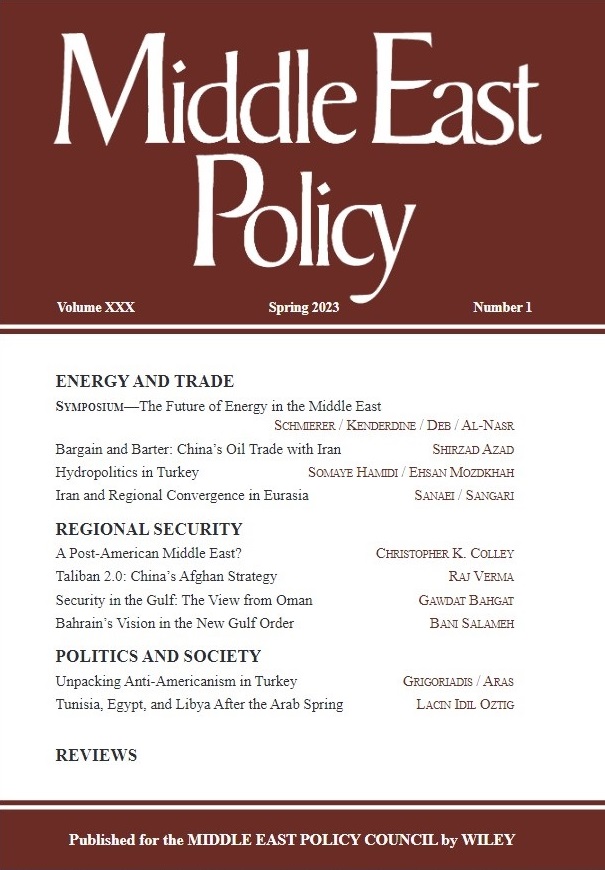 BOOK REVIEW: THE OTTOMANS: KHANS, CAESARS, AND CALIPHS - MIDDLE EAST POLICY - 01.03.2023
BOOK REVIEW: THE OTTOMANS: KHANS, CAESARS, AND CALIPHS - MIDDLE EAST POLICY - 01.03.2023
Jeremy SALT 12.04.2023 -
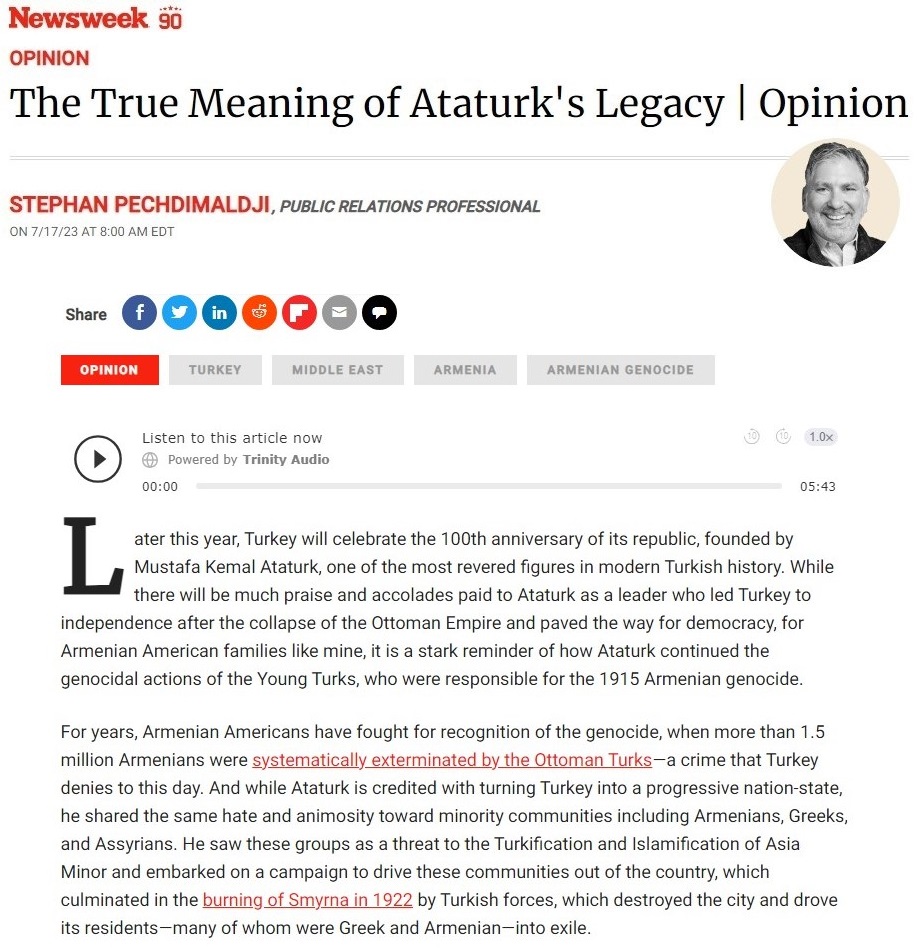 ‘HISTORY’ THROUGH THE LENS OF A PR MAN - 23.07.2023
‘HISTORY’ THROUGH THE LENS OF A PR MAN - 23.07.2023
Jeremy SALT 24.07.2023 -
GALLIPOLI AND WHY TURKS ARE ANGRY
Jeremy SALT 22.11.2013 -
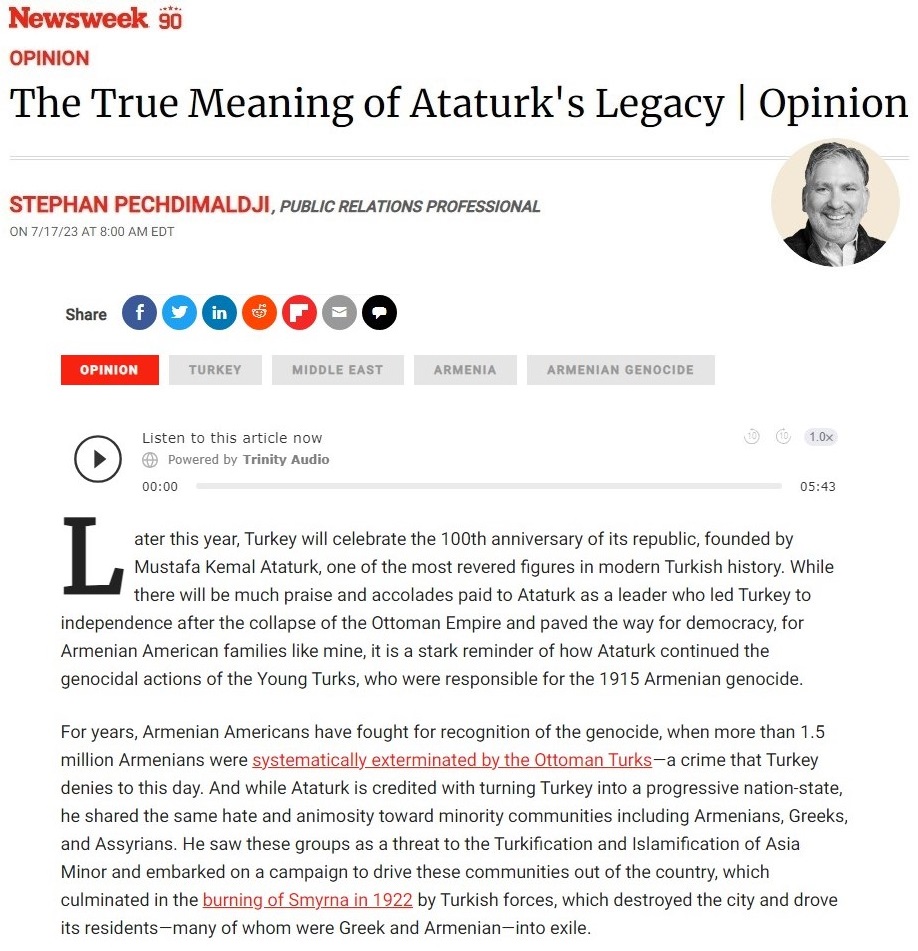 BİR HALKLA İLİŞKİLER UZMANININ MERCEĞİNDEN ‘TARİH’ - 27.07.2023
BİR HALKLA İLİŞKİLER UZMANININ MERCEĞİNDEN ‘TARİH’ - 27.07.2023
Jeremy SALT 28.07.2023 -
ERMENİLER VE SURİYE – 1915 VE 2013
Jeremy SALT 30.12.2013
-
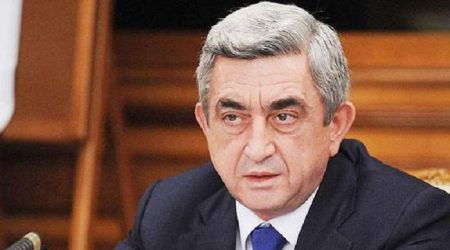 ERMENİSTAN'DA KOÇARİ TÜRKÜSÜ EŞLİĞİNDE HORON TEPEN PROTESTOCULAR SARKİSYAN'I ALT ETTİ
ERMENİSTAN'DA KOÇARİ TÜRKÜSÜ EŞLİĞİNDE HORON TEPEN PROTESTOCULAR SARKİSYAN'I ALT ETTİ
Kemal ÇİÇEK 03.05.2018 -
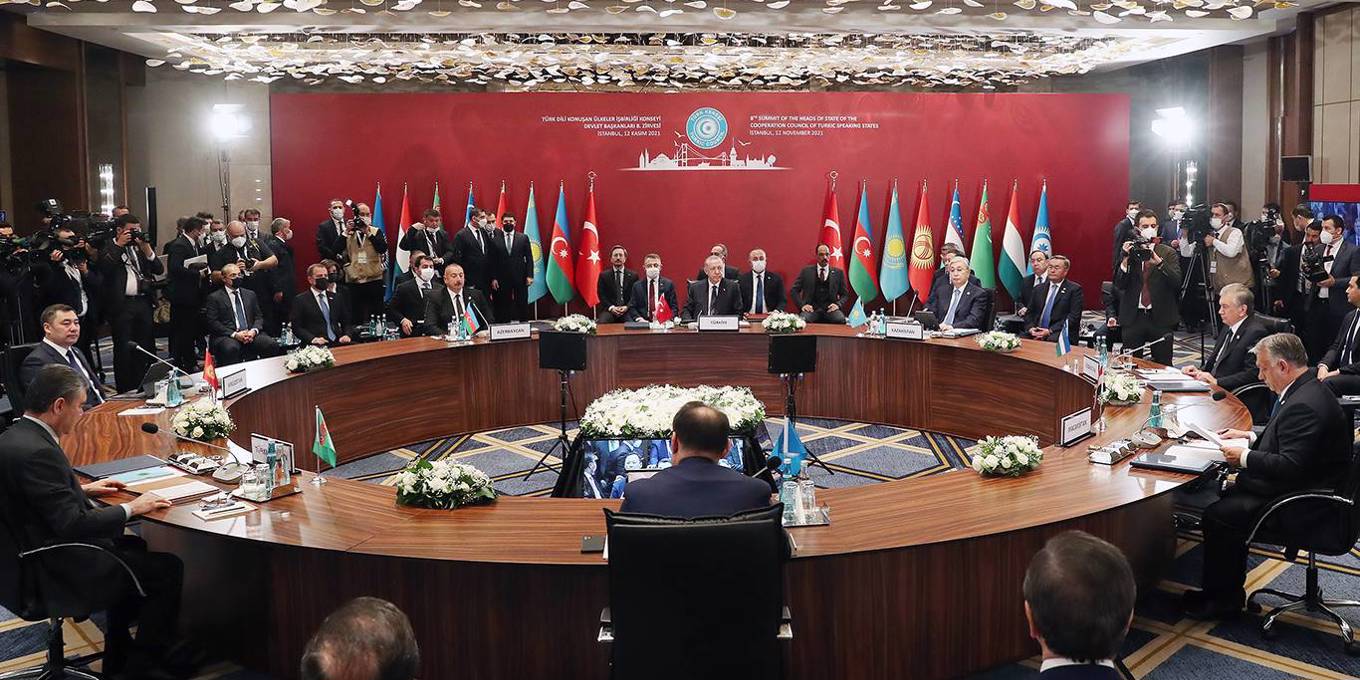 A MORE PERFECT TURKIC UNION? - PROJECT SYNDICATE - 06.12.2021
A MORE PERFECT TURKIC UNION? - PROJECT SYNDICATE - 06.12.2021
Djoomart OTORBAEV 09.12.2021 -
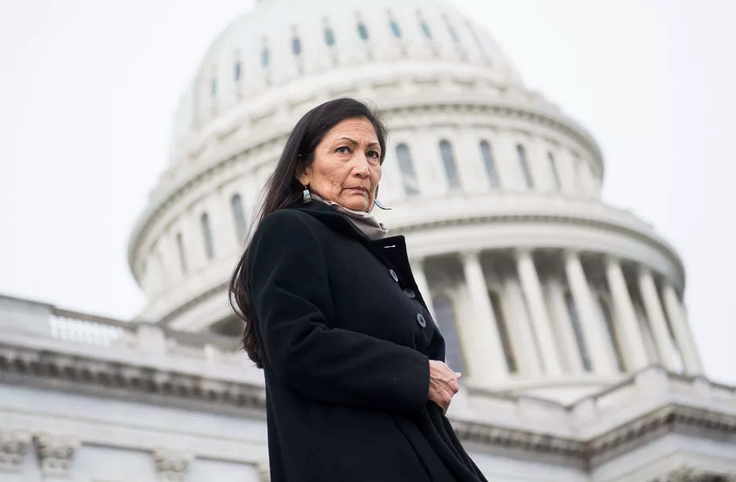 DEB HAALAND OF NATIVE AMERICAN DESCENT BEING NOMINATED AS CANDIDATE TO THE US SECRETARY OF THE INTERIOR - 08.01.2021
DEB HAALAND OF NATIVE AMERICAN DESCENT BEING NOMINATED AS CANDIDATE TO THE US SECRETARY OF THE INTERIOR - 08.01.2021
Ömer ZEYTİNOĞLU 22.01.2021 -
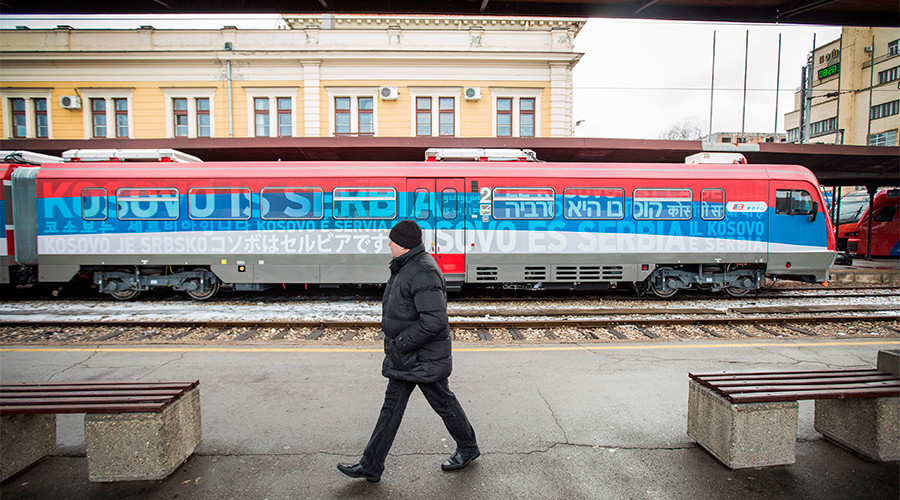 THE THREAT OF THE BALKANIZATION OF “WESTERN BALKANS”
THE THREAT OF THE BALKANIZATION OF “WESTERN BALKANS”
Teoman Ertuğrul TULUN 13.02.2017 -
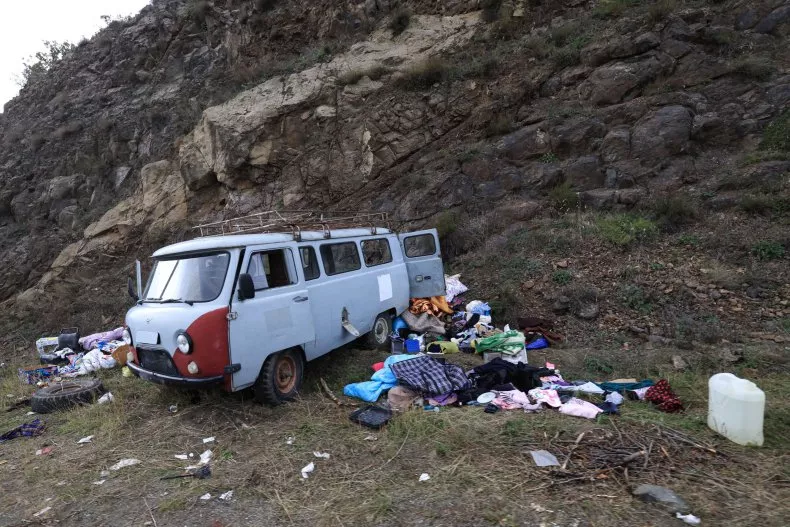 HOW NAGORNO KARABAKH'S FALL COULD HELP ARMENIA - NEWSWEEK - 03.10.2023
HOW NAGORNO KARABAKH'S FALL COULD HELP ARMENIA - NEWSWEEK - 03.10.2023
Joseph EPSTEIN 04.10.2023


